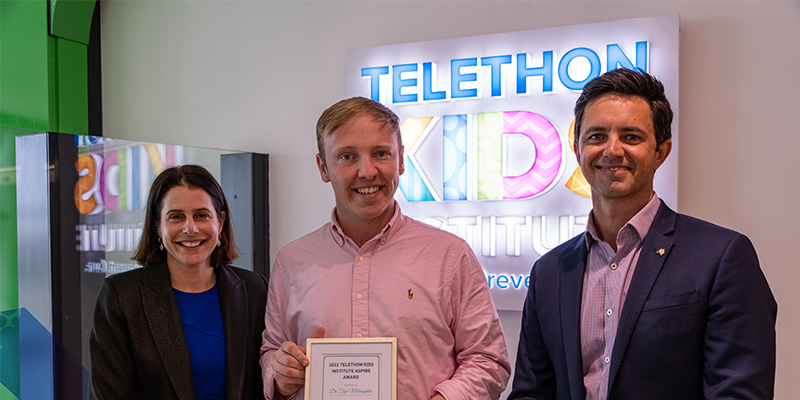Search
Research
The CoolCot trial: active methods of therapeutic hypothermia for newborns with hypoxic ischaemic encephalopathy during neonatal transport: a study protocol for a randomised controlled trialImpaired oxygen delivery or blood flow to the brain around the time of birth can cause injury. Hypoxic ischaemic encephalopathy is a leading cause of death and disability in term and near-term infants.
Research
Treatment for Childhood and Adolescent Dissociation: A Systematic ReviewDissociative symptoms are linked to experiences of trauma, often originating in childhood and adolescence. Dissociative disorders are associated with a high burden of illness and a poor quality of life. Despite evidence suggesting that early intervention can improve outcomes, little research exists on the treatment of dissociative disorders in childhood and adolescence.
Research
Global change, climate change, and asthma in children: Direct and indirect effects - A WAO Pediatric Asthma Committee ReportThe twenty-first century has seen a fundamental shift in disease epidemiology with anthropogenic environmental change emerging as the likely dominant factor affecting the distribution and severity of current and future human disease. This is especially true of allergic diseases and asthma with their intimate relationship with the natural environment.
Research
Rationale for use for monoclonal antibody and anti-cytokine therapy for multisystem inflammatory syndrome in children: A systematic reviewObjective: To review systematically the rationale for choice and use of monoclonal antibody and anti-cytokine therapy in multisystem inflammatory syndrome in children.
Research
Supporting nutrition education in low socioeconomic schools in Western AustraliaSchool-based nutrition education (NE) has an important role in promoting healthy eating habits and helping prevent chronic diseases – particularly among disadvantaged children and youth who are more likely to experience poor diet quality.
Research
Towards Harmonized Adolescent Health Measurement: Assessing Alignment Between Current Recommendations and the Global Action for Measurement of Adolescent Health–Recommended IndicatorsThis study identified alignment of indicators across different initiatives and data collection instruments as a foundation for future harmonization of adolescent health measurement.
Research
Respiratory infection- and asthma-prone, low vaccine responder children demonstrate distinct mononuclear cell DNA methylation pathwaysnfants with frequent viral and bacterial respiratory infections exhibit compromised immunity to routine immunizations. They are also more likely to develop chronic respiratory diseases in later childhood. This study investigated the feasibility of epigenetic profiling to reveal endotype-specific molecular pathways with potential for early identification and immuno-modulation.
Research
The seroprevalence of SARS-CoV-2-specific antibodies in Australian children: A crosssectional studyFollowing reduction of public health and social measures concurrent with SARS-CoV-2 Omicron emergence in late 2021 in Australia, COVID-19 case notification rates rose rapidly. As rates of direct viral testing and reporting dropped, true infection rates were most likely to be underestimated.
Research
Protocol for the Australian Type 1 Diabetes National Screening Pilot: Assessing the feasibility and acceptability of three general population screening models in childrenOne third of Australian children diagnosed with type 1 diabetes present with life-threatening diabetic ketoacidosis (DKA) at diagnosis. Screening for early-stage, presymptomatic type 1 diabetes, with ongoing follow-up, can substantially reduce this risk (<5% risk). Several screening models are being trialled internationally, without consensus on the optimal approach. This pilot study aims to assess three models for a routine, population-wide screening programme in Australia.

News & Events
Flying the flag for WA research thanks to Business Events Aspire AwardsDr Matthew ‘Tepi’ Mclaughlin is the 2022 The Kids Research Institute Australia Aspire Award winner - coordinated by Western Australia’s peak body for business events, Business Events Perth.
